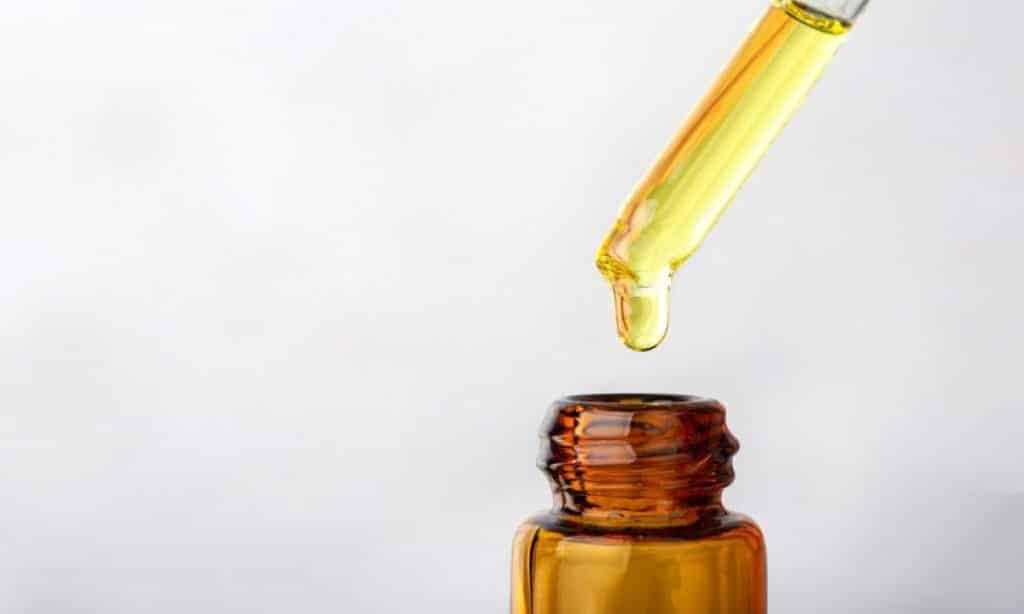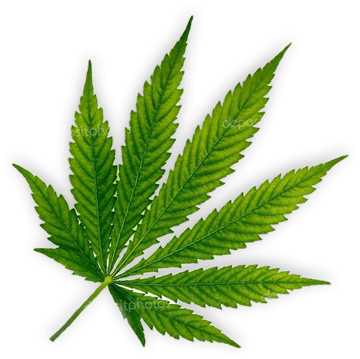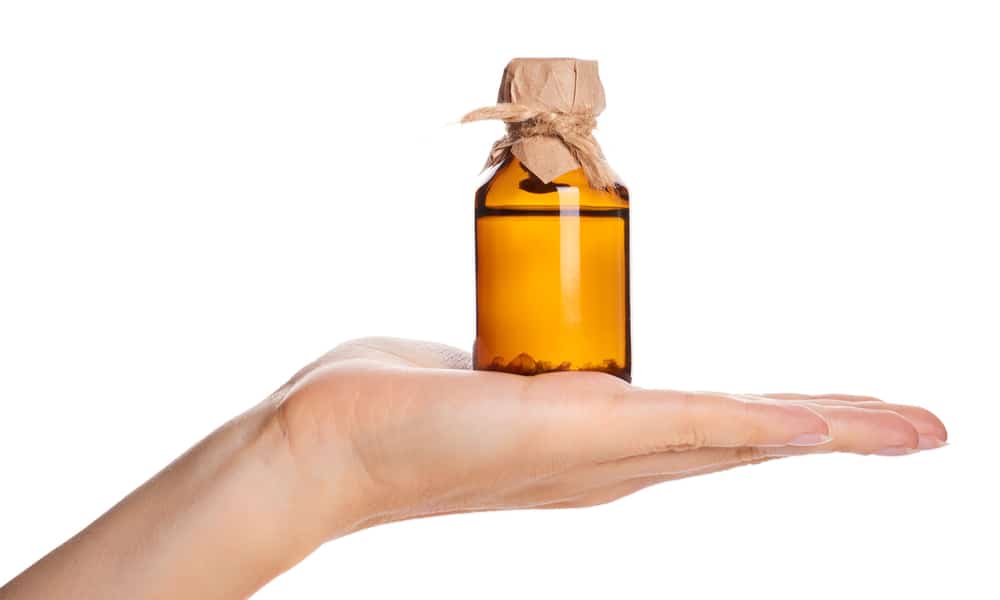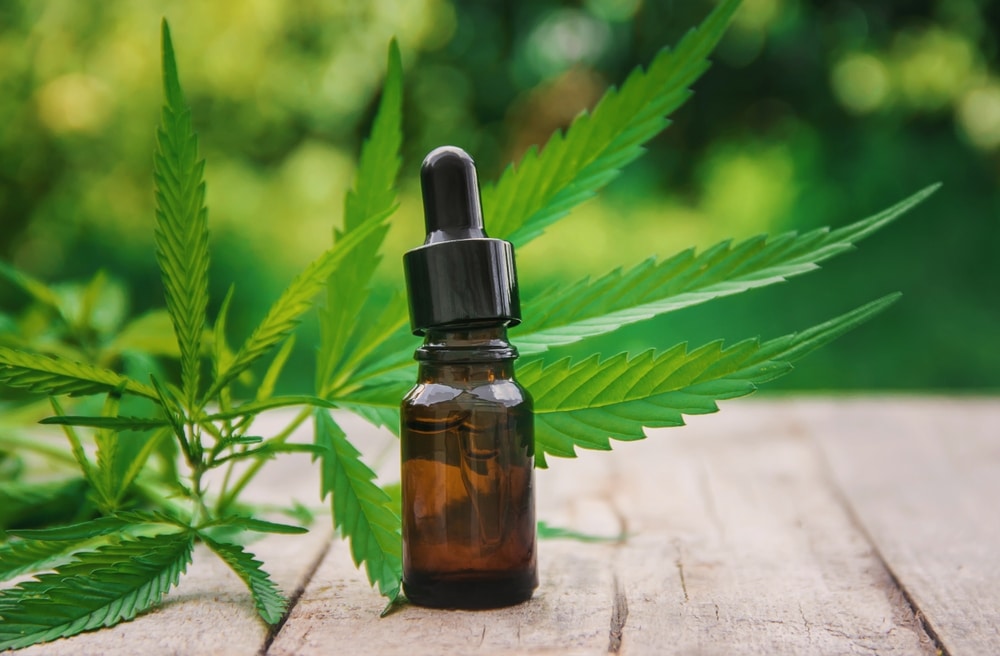If you come across a CBD oil tincture, you might get somewhat puzzled. So, first and foremost, let’s clarify what CBD tinctures are and how they are different from oils and other hemp products. Since many people confuse oil and tincture and believe there is no significant difference, it is fundamental to announce this difference once and for all. A tincture is an extract of a hemp plant which is soaked in alcohol for several weeks. As a sufficient amount of time passes, the hemp plant releases its compounds into the alcohol substance. Such essential compounds are cannabinoids, and extracting them is the purpose of the entire infusion process. To extract the cannabinoid compounds, the manufacturer filters the obtained liquid. As a result, the producer ends up with a product that is free from a leafy hemp taste. Furthermore, the product is frequently combined with vegetable glycerin and essential oils to achieve the excellent taste and appropriate consistency.
Put differently, a tincture is a CBD product that contains alcohol, does not have a bitter taste, and serves as a good additive to your favorite drink or food. In addition, it is highly bioavailable, which means that your body will experience a therapeutic effect rather quickly.
There are several ways to apply CBD tincture. Since it is less potent than CBD oil and doesn’t have any bitter taste, you can make wide use of this product.
To begin with, you may take it sublingually. Initially, you need to shake the bottle and measure the appropriate amount of tincture with a dropper. As a rule, droppers are conveniently marked with dosage sizes so that you can easily measure out an exact amount of the product. Afterward, squeeze the tincture under the tongue and keep it there for a couple of minutes.
If you want to combine the pleasant with the useful, feel free to include the required amount of tincture in your food. To maximize the usefulness of CBD tincture, infuse your meal with nutritious high-fat food. Since CBD is fat-soluble and water-soluble, doing so will allow its essential elements to absorb a couple of times faster.

According to scientific evidence, the number of benefits that CBD tincture introduces to our bodies is extensive. In terms of consumption, tinctures are also beneficial in multiple ways. [1]
CBD delivers the most valuable effect when you stick to a very accurate CBD dosage. But if you’re wondering whether there is any universal dosage – unfortunately, no. In 99% of cases, it isn’t very easy to find an accurate dosage. But knowing your body measures, the desired effect, and some other things can help you reach an accurate CBD potency.
Depending on your physical characteristics and the effect you expect from CBD, even a single drop difference plays a huge role. Choosing the right strength is challenging: what works perfectly for other people will not work for you. Or, vice versa, some people get zero effects from a particular dosage, but this very dosage can give you the desired anxiety and stress relief, for example. You may even get disappointed by particular products just because you failed to choose appropriate potency in some cases. To prevent such an annoying experience from happening, it is always better to choose a CBD tincture taking several factors into account. Some of the most fundamental aspects are:
Once you consider all the factors above, you can decide which potency will work best for your condition and body type. We prepared a convenient table for you to get an idea of optimal dosing.
| Bodyweight/Desired effect strength | Mild | Moderate | Strong |
| 80-149 lbs | 10 mg | 15 mg | 20 mg |
| 150-230 lbs |
15 mg |
20 mg | 30 mg |
| 231+ lbs | 25 mg | 30 mg | 40 mg |




Following the table, you may quickly discover which potency is best for you. First, it is good to experiment with small strengths. To fully understand how CBD influences your body, you may begin by adding 10 mg and increasing the dosage very slowly. Apparently, 10 mg isn’t enough to treat chronic pain if the latter is the case. But such a small dosage may perfectly cope with anxiety and tension, so don’t be afraid to begin at 10 mg. To make it even more comfortable, just keep in mind that you need 10 mg for every 150 lbs of bodyweight. If you are yet willing to make CBD a part of your medication routine, don’t hesitate to ask your doctor how to use CBD tincture.
CBD oil and CBD tincture differ significantly. Perhaps, the most striking difference is the taste and potency, which makes either tinctures or oils beneficial for oneself. Let’s take a look at some fundamental highlights that both products can boast of and slight drawbacks. Always check if the CBD brand has been subject to a Food and Drug Administration (FDA) warning letter. [4]

An extraction method is a fundamental point when we talk about the difference between CBD oils and tinctures. In essence, most of the well-established brands use CO2 extraction methods. Such an approach is deemed the cleanest since it does not leave any residue. Besides, CO2 extraction preserves a lot of useful components such as terpenes, CBD itself, and vital cannabinoids. In some cases, the products use a pressurized hot water CBD extraction method to assure the pureness of the compound. [5]
Production of CBD tinctures requires the use of alcohol as a solvent. The extraction looks in the following way: one puts a plant into alcohol for a few weeks. Afterward, this infusion is being diluted and enriched with different flavors.
The second distinctive CBD tincture vs. oil difference is the cost. Namely, CBD oils are more expensive than tinctures. Different extraction methods can explain the price difference. Even though using alcohol as a solvent is always ever longer than CO2 extraction, the latter is more costly. The reason for this is that extracting CBD requires qualified labor as well as expensive equipment. The equipment costs typically from $25.000 to $400.000, and the labor is costly as well. Therefore, since tincture extraction required substantially less money, the low consumer price stems from minimal production costs.
Not the less essential difference between CBD oil and tincture is the taste.CBD oil has a distinct leafy, bitter taste. Usually, CBD oil is free from any artificial flavors, and some people don’t enjoy the taste. But if you have nothing against a bitter herbal flavor, you may go for the oil. Unlike CBD oil, tinctures are free of the organic taste, which hasn’t yet gained recognition among a lot of CBD users. They come in a wide variety of flavors and can be added to food or drinks. Besides, tinctures do not leave any oily sensation in the mouth, particularly appealing to some people. It absorbs once you put it under the tongue.

CBD oil has a higher potency of CBD, in contrast to tinctures. Out of the entire spectrum of CBD products, CBD oil is the most potent one. Tinctures are less potent but still more bioavailable than the oil. On average, tinctures are mainly available in 250-500 mg dosage, while CBD oils can contain up to 3000 mg.
No matter which product you choose, both oil and tincture will give you particular health benefits. When talking about CBD tincture vs. oil, it is impossible to select the winner. This is due to CBD’s uncountable healing properties, both as an oil and a tincture. Deciding on one of the outlined products is mostly a matter of preference: some people enjoy the oily texture and a bitter taste; others like it flavored and light. If one prefers oils, it doesn’t necessarily mean the tincture is worse.
To find the product tailor-made for you, you can either refer to some product reviews or try the products on your own. Make sure you buy from a trustworthy seller and that the product is sourced and produced legally.
[1] Potential Clinical Benefits of CBD-Rich Cannabis Extracts Over Purified CBD in Treatment-Resistant Epilepsy: Observational Data Meta-analysis
[2] Transdermal cannabidiol reduces inflammation and pain-related behaviors in a rat model of arthritis
[3] Translational Investigation of the Therapeutic Potential of Cannabidiol (CBD): Toward a New Age
[4] FDA
[5] Selective Extraction of Cannabinoid Compounds from Cannabis Seed Using Pressurized Hot Water Extraction

Jamie Taylor
Jamie has more than ten years of experience as a physician assistant. He has always been interested in the healing potential of cannabidiol, especially in its pain relief properties. Jamie considers cannabidiol as a powerful remedy with minimal side effects. He knows how to help users make rational buying decisions based on the unbiased and accurate reviews of CBD products and brands.